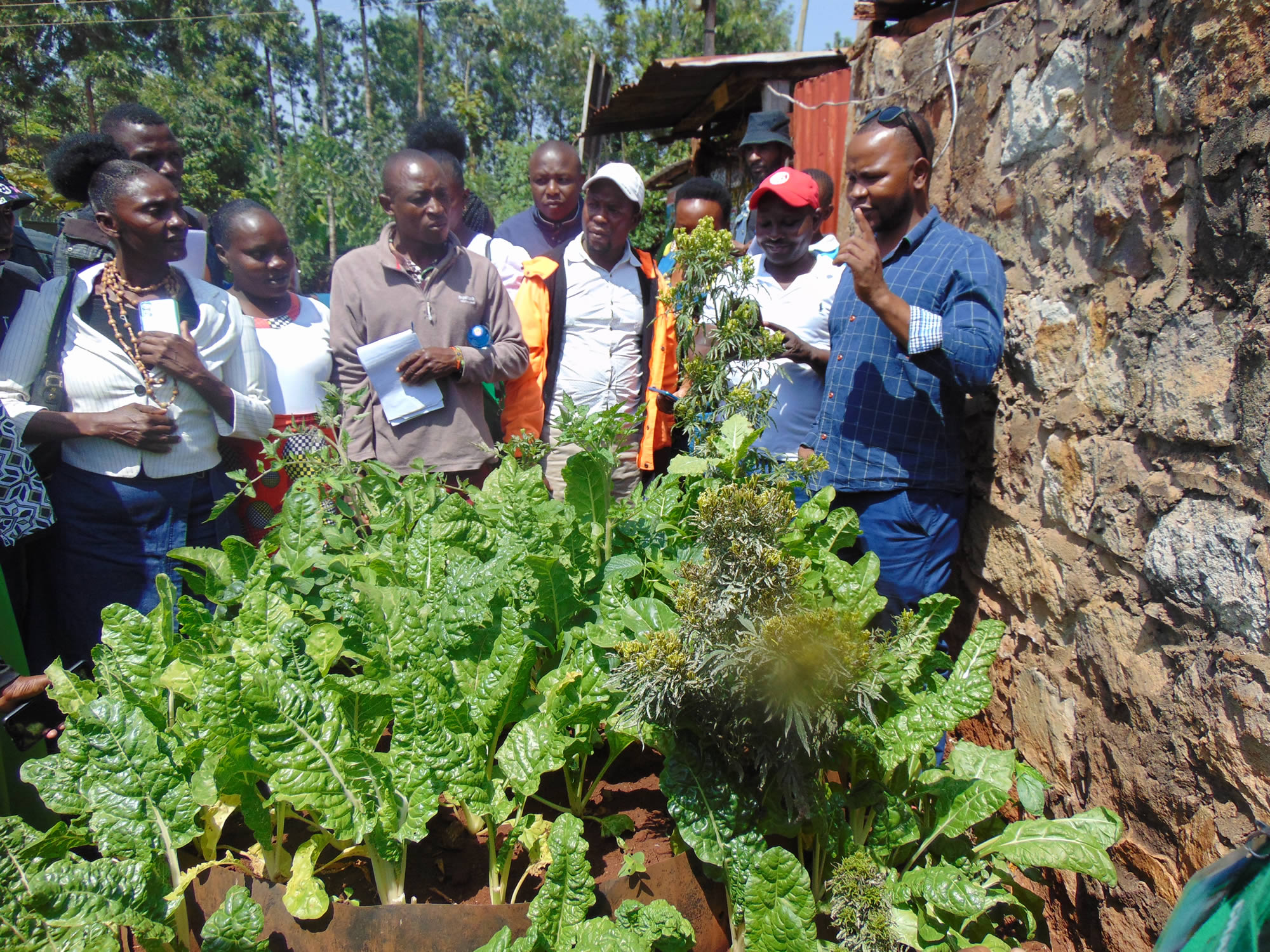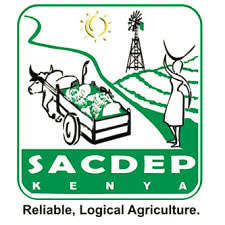
Back in 1963 as Kenya gained independence, Kenyan farmers became free to now practice unrestricted farming activities always assuring the country an abundance in food supplies for household consumption and for sale. with the country experiencing little to no rain especially in the farmlands.
In the highlands, the small holder farmers who practice mostly subsistence farming, continually lose their entire crop subjecting their families to commercial food market forces. With skyrocketing food prices, it is barely possible for families to afford at least 2 meals a day.
In the pastoral areas, households and their livestock trek long distances in search for food, water, and pasture. However, due to poor vegetation and long travel distances covered, their livestock die en-mass leaving in its wake sad, hungry communities especially children and the elderly. All across Kenya, food insecurity remains dire.
In the end, food security has lately become a major issue. Which begs the question, 60 years after independence, why is the country still hungry?
SACDEP firmly believes that in all sense and aspects, agriculture really is Kenya’s economic backbone.
Kenya’s prosperity is however threatened by recurrent drought and famine due to changing weather and climatic conditions,
Since agriculture is mainly rain- fed, the food security situation has only worsened in the last five years in keeping with its mission and vision of encouraging resilience, Sacdep has set the way by partnering with farmers in marginalized communities across 14 counties in Kenya by equipping them with skills to use their locally available resources. By employing sustainable ecological agriculture practices such as water harvesting, composting, value- addition these farmers attain ample home consumption supplies, and surpluses for sale thus improving their livelihoods.
 In the meantime, SACDEP in conjunction with partners distribute relief food to the most affected areas every now and then when the need arises. In March 2023, the organization donated food aid to over 200 deserving families in Laikipia, Murang’a, Embu and Kitui Counties.
In the meantime, SACDEP in conjunction with partners distribute relief food to the most affected areas every now and then when the need arises. In March 2023, the organization donated food aid to over 200 deserving families in Laikipia, Murang’a, Embu and Kitui Counties.
The government and development partners such as the County Government of Murang’a have authored and adopted policies that encourage sustainable agriculture such as irrigation-fed agriculture, and prudent soil health practices. All that is left is for the farmers to implement.
Sectors partners consider creating awareness around food security; this through building small holder farmers skills thus enabling all the players in entire value chains adopt and mitigate effects of drought.
Article by: Caroline Njeri is the Admin. Assistant, SACDEP Thika Head Office.
